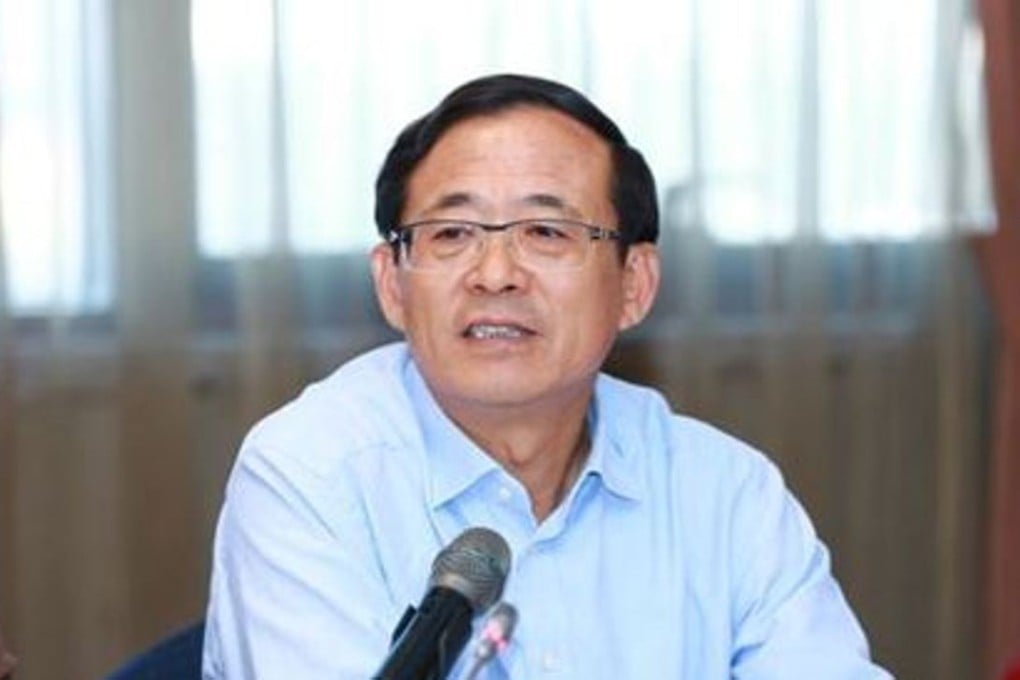China’s market regulator cannot be a player, too
No matter who is in charge, reforms to create a level playing field remain paramount if moral hazard is to be avoided

When the US subprime mortgage crisis sparked a global financial meltdown, mainlanders blamed lack of regulation of free markets in the West. When turbulent mainland markets fell more than 60 per cent from record highs over the past six months, wiped out trillions of yuan and spooked overseas markets, they blamed regulators. As a result, the government has removed Xiao Gang as chairman of the China Securities Regulatory Commission and replaced him with Liu Shiyu.
The scapegoating is not entirely illogical. It reflects an expectation that the government will help out investors when they make a loss. That is in no small part due to the CSRC’s own heavy-handed regulation and intervention in the market which has encouraged investors to take risks . As events have shown, it is an unrealistic expectation. It represents the moral hazard that occurs when one person takes more risks because of the perception that someone else bears the cost of those risks. That is not a sustainable investment environment for globalisation of the Chinese economy.
The appointment of the new CSRC chairman has not conveyed any sense of urgency about market reforms. Liu is the eighth consecutive securities regulator to lack a strong market background. Like Xiao, he rose through the state banking system. That is hardly a strong CV for the job of overseeing roller-coaster, casino-style markets driven more by speculation and insider trading than by fundamentals. That said, Xiao did push for a more effective crackdown on rampant insider trading and for market forces to play a bigger role in generating initial public offerings. But the mainland bourses remain more theatres of policy than a free market, subject to government interference that distorts market forces. As a result, the regulator plays the irreconcilable roles of regulator and participant
Nothing in Liu’s impressive background, which includes chairmanship of the Agricultural Bank of China and deputy governor of the People’s Bank of China, can prepare him for the problems inherent in the mainland’s markets. No matter who heads the CSRC, he is not expected to do well, given that government intervention and special interest groups have institutionalised moral hazard. But reforms to create a level playing field remain paramount. Only if the regulator is just that, and not a player, can the market develop healthily, and properly harness the investment China needs in its economy.